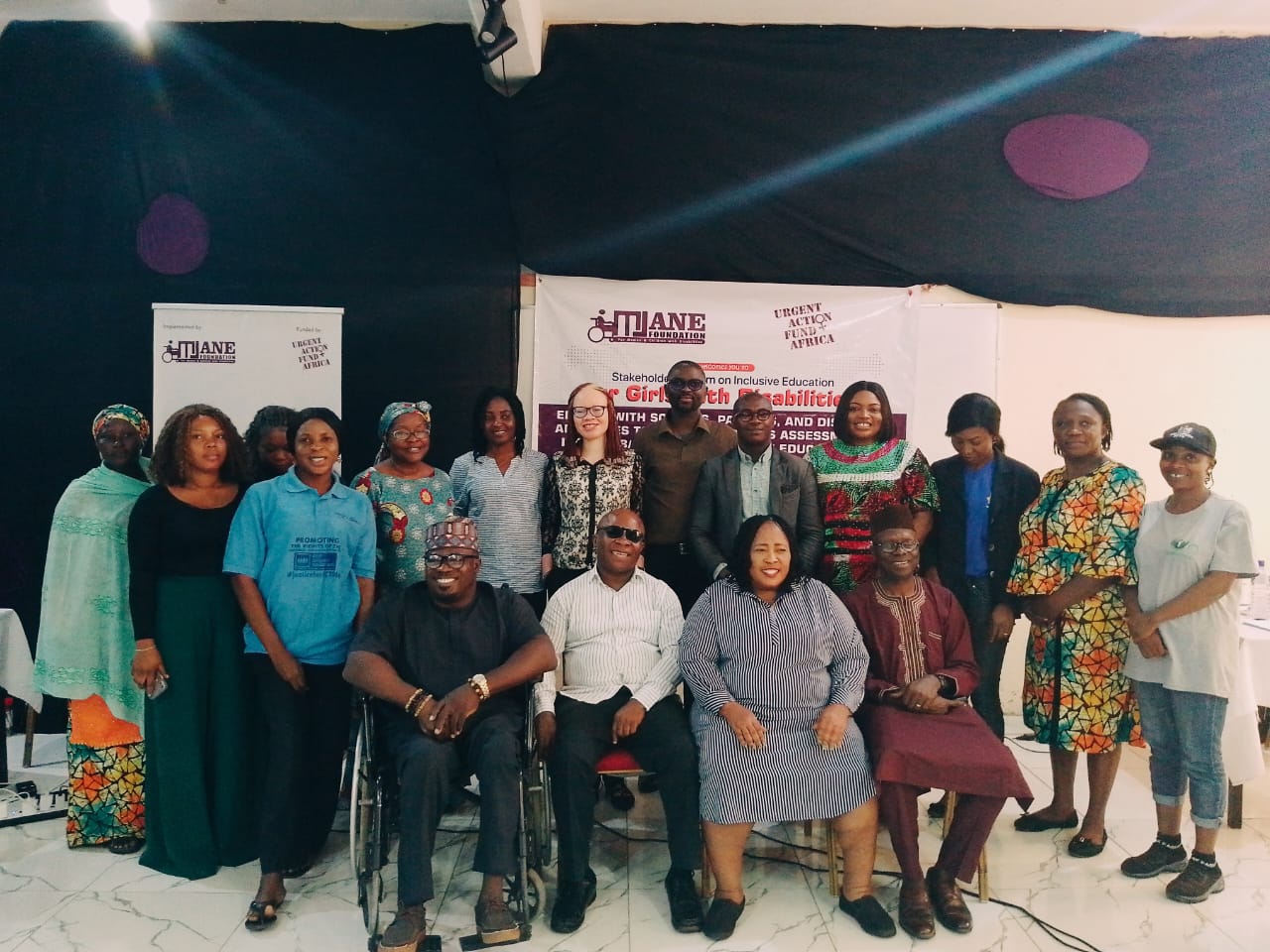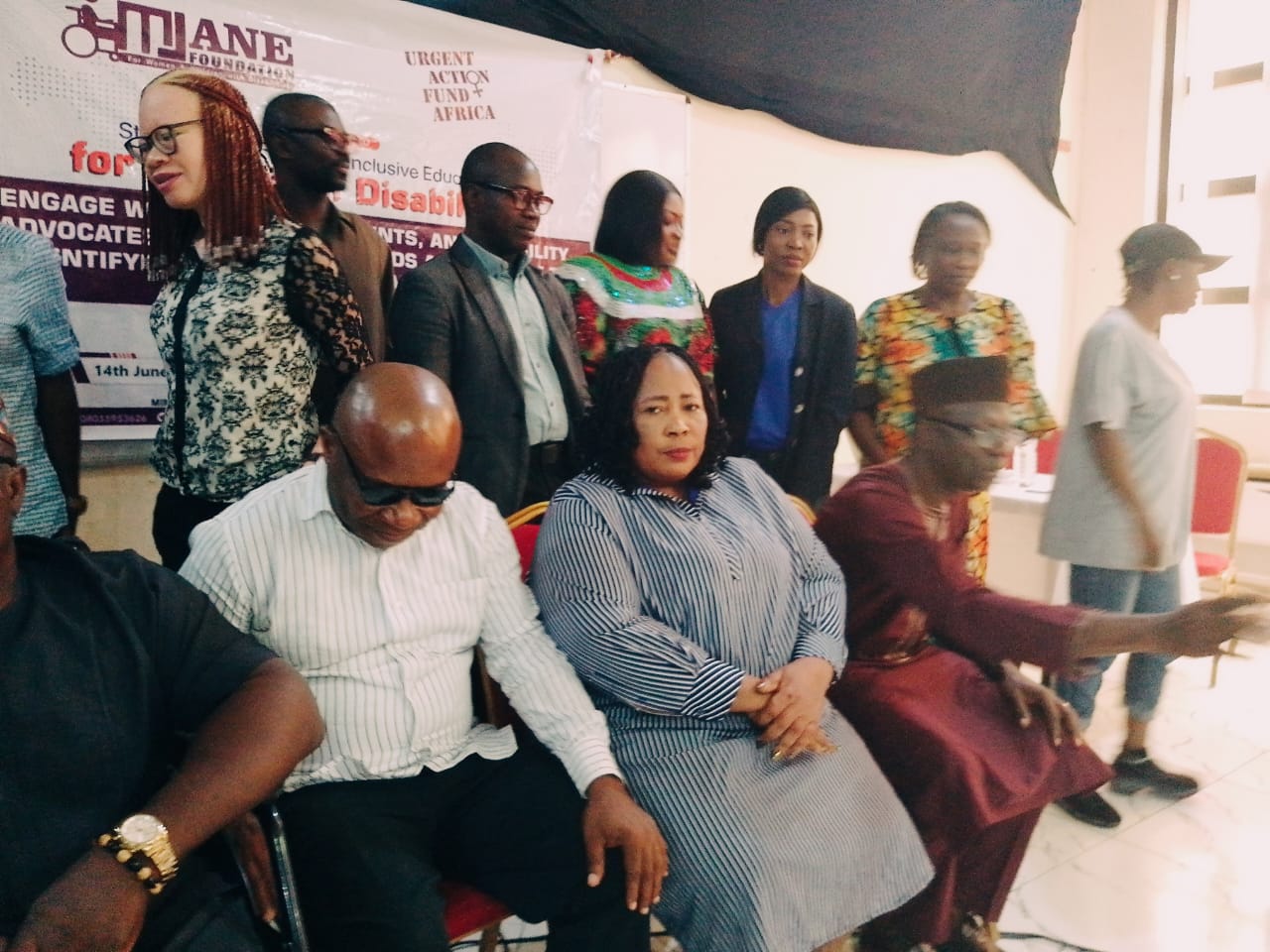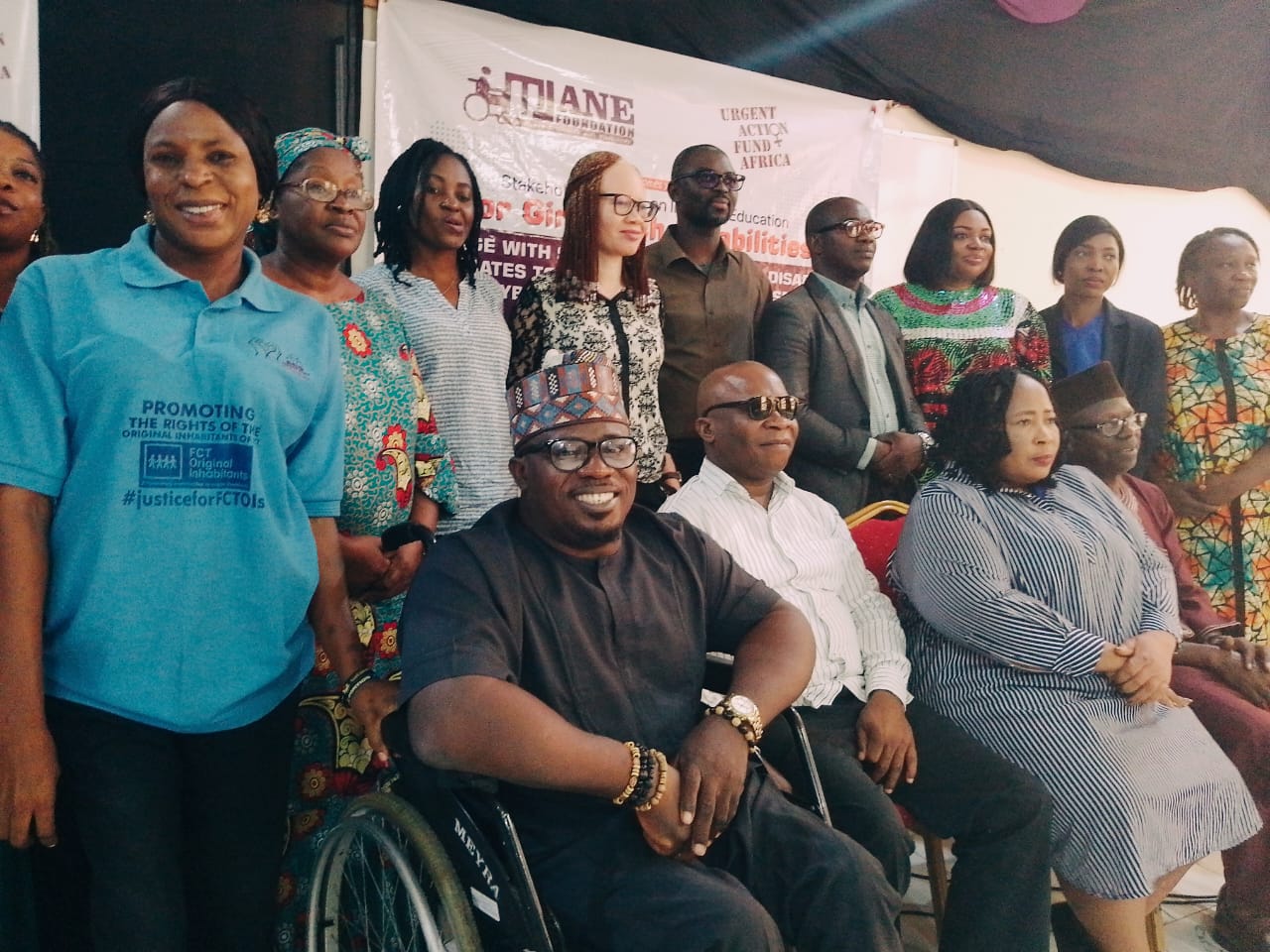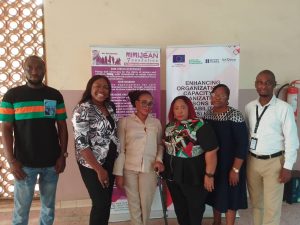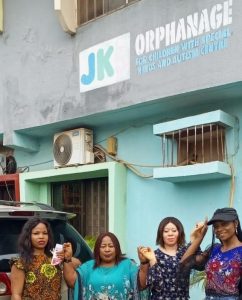In a significant stride towards fostering an inclusive educational environment, Mimijane Foundation for Children and Women with Disabilities conducted a comprehensive needs assessment workshop in collaboration with schools, parents, and disability advocates. Supported by the Urgent Action Fund Africa, this event aimed to identify and dismantle barriers impeding inclusive education for children with disabilities. Held in Abuja, the workshop served as a platform for stakeholders to explore the theoretical and practical aspects of inclusive education. The event highlighted the adoption of an inclusive curriculum tailored to the needs of all learners, bringing together educators, parents, and disability rights advocates with a shared vision of promoting the educational rights of children with disabilities.
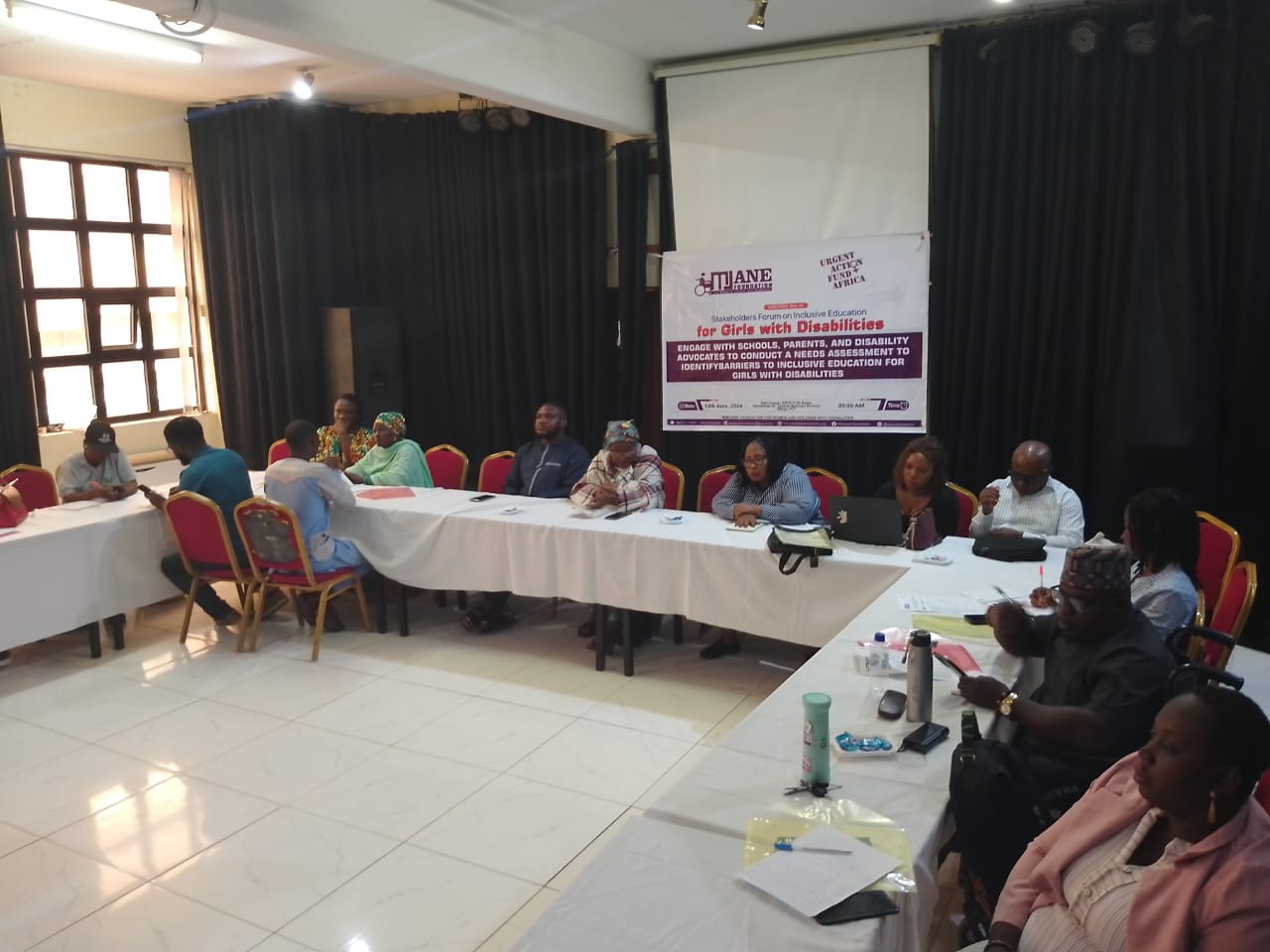
In her opening remarks, the Executive Director of the Mimijane Foundation, Ambassador Beatrice Awala Mube, expressed her gratitude to the participants for their commitment to this vital cause. She emphasized the importance of inclusive education, asserting that every child deserves equal access to learning opportunities, regardless of their physical or intellectual abilities. Ambassador Mube highlighted the workshop as a pivotal step in enhancing the implementation of the National Policy on Inclusive Education, adding that the goal is to break down the barriers preventing children with disabilities from receiving a quality education alongside their peers.
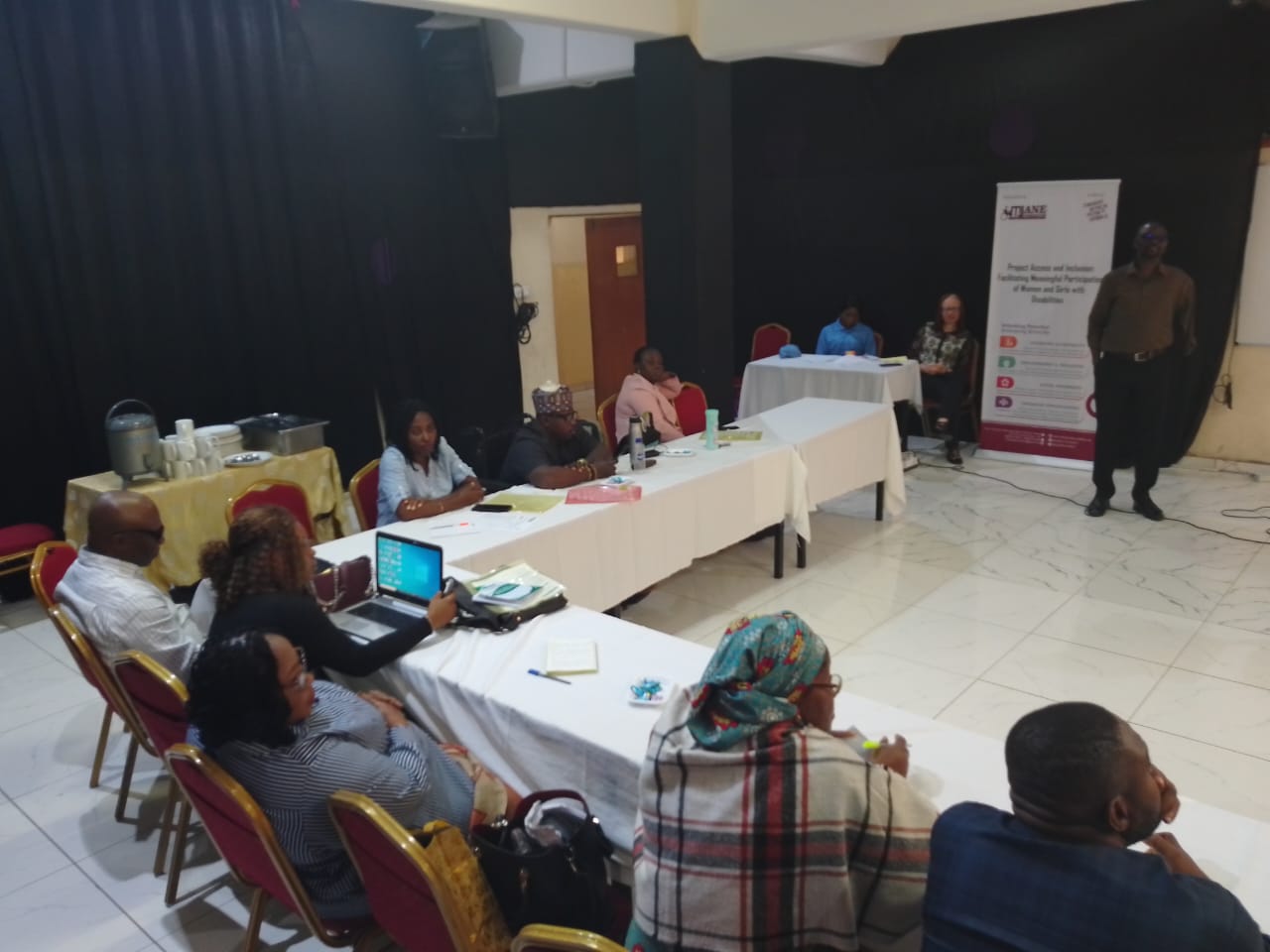
George Dominic Anwaji from TAF Africa, a facilitator at the workshop, provided an in-depth overview of inclusive education. He described it as an educational system offering equal learning opportunities to all students, irrespective of their status. Anwaji elaborated on the multifaceted benefits of inclusive education, highlighting how it fosters good relationships, enhances a sense of belonging, and provides mutual benefits for students with and without disabilities. He stressed the importance of creating an environment where every student feels valued and supported.
Another key speaker, Comrade Ngbede Ochoche Anyebe, Consultant and Chief Executive of Anthill Special Needs Education Centre, offered insights into the adoption of an inclusive curriculum. He advocated for the use of Individual Educational Programs (IEP) to address the unique needs of students with disabilities. Anyebe emphasized the need to adjust the curriculum to meet the individual needs of students, particularly those with intellectual disabilities, ensuring they receive the necessary support.
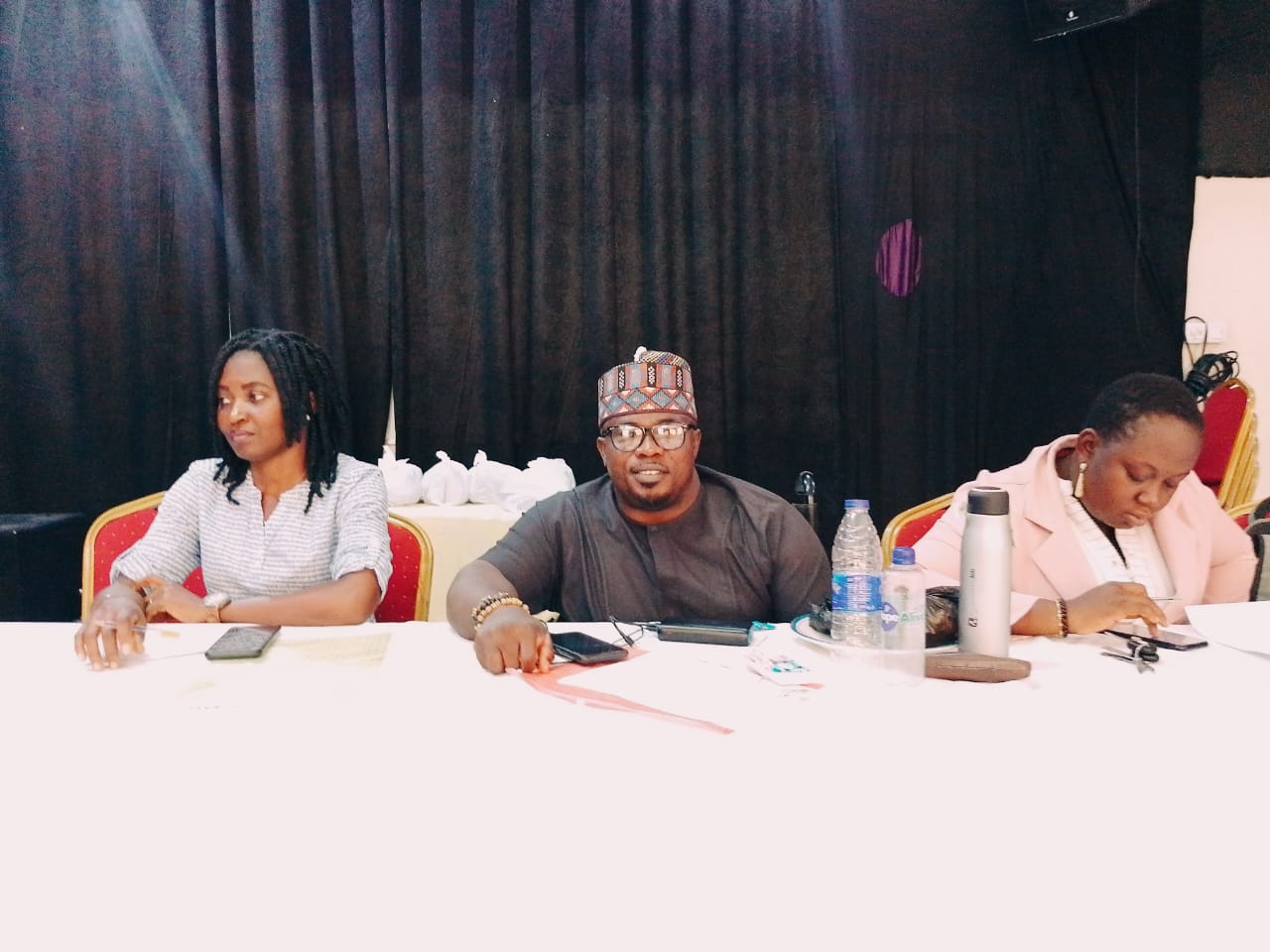
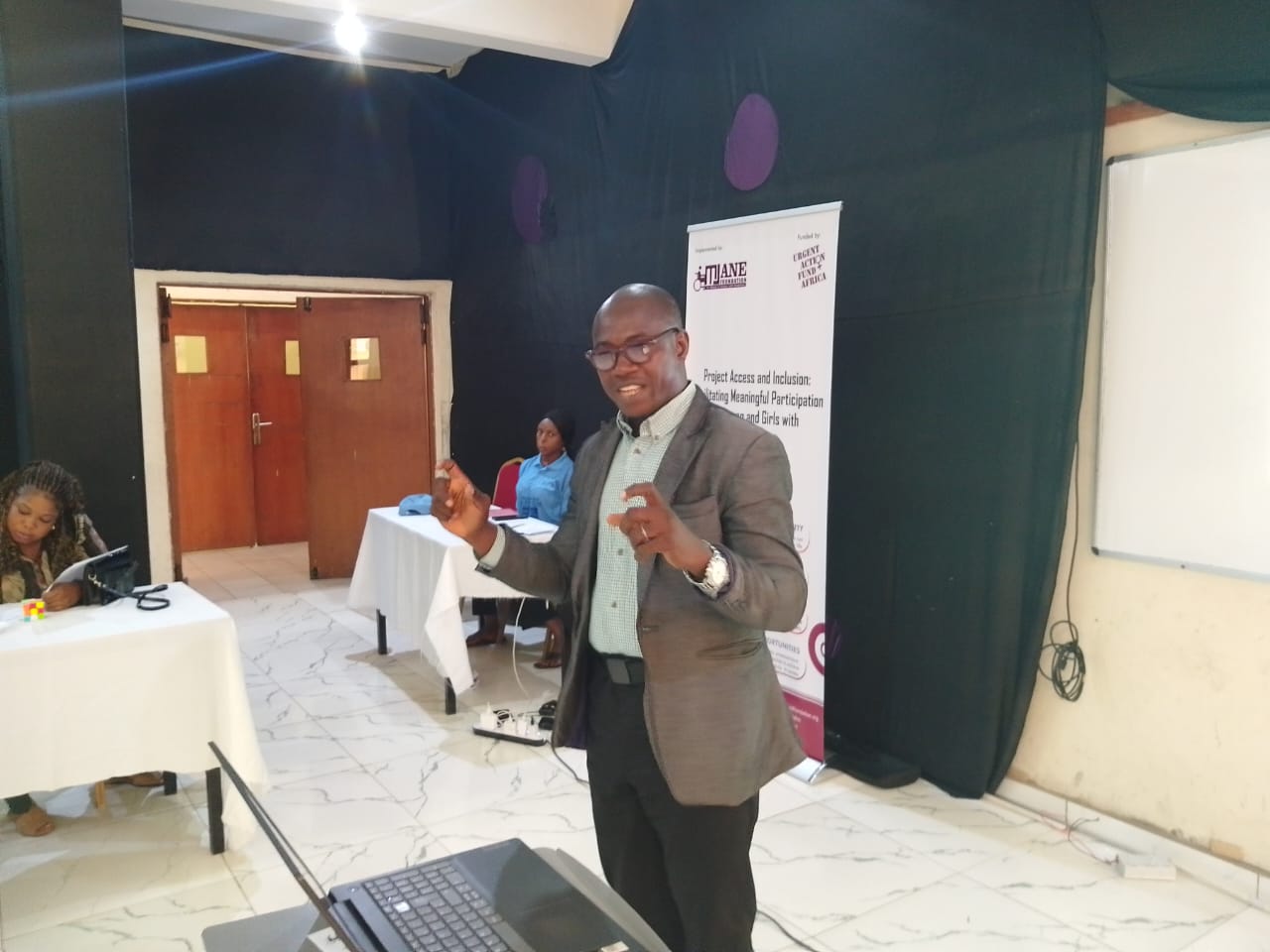
The workshop concluded with a series of recommendations aimed at enhancing the implementation of inclusive education policies. Participants called for increased funding to support inclusive education initiatives and urged the government to incorporate inclusive education criteria in school approval processes. Additionally, they recommended the introduction of inclusive curriculum guidelines as part of teaching manuals, to be considered by school supervision teams.
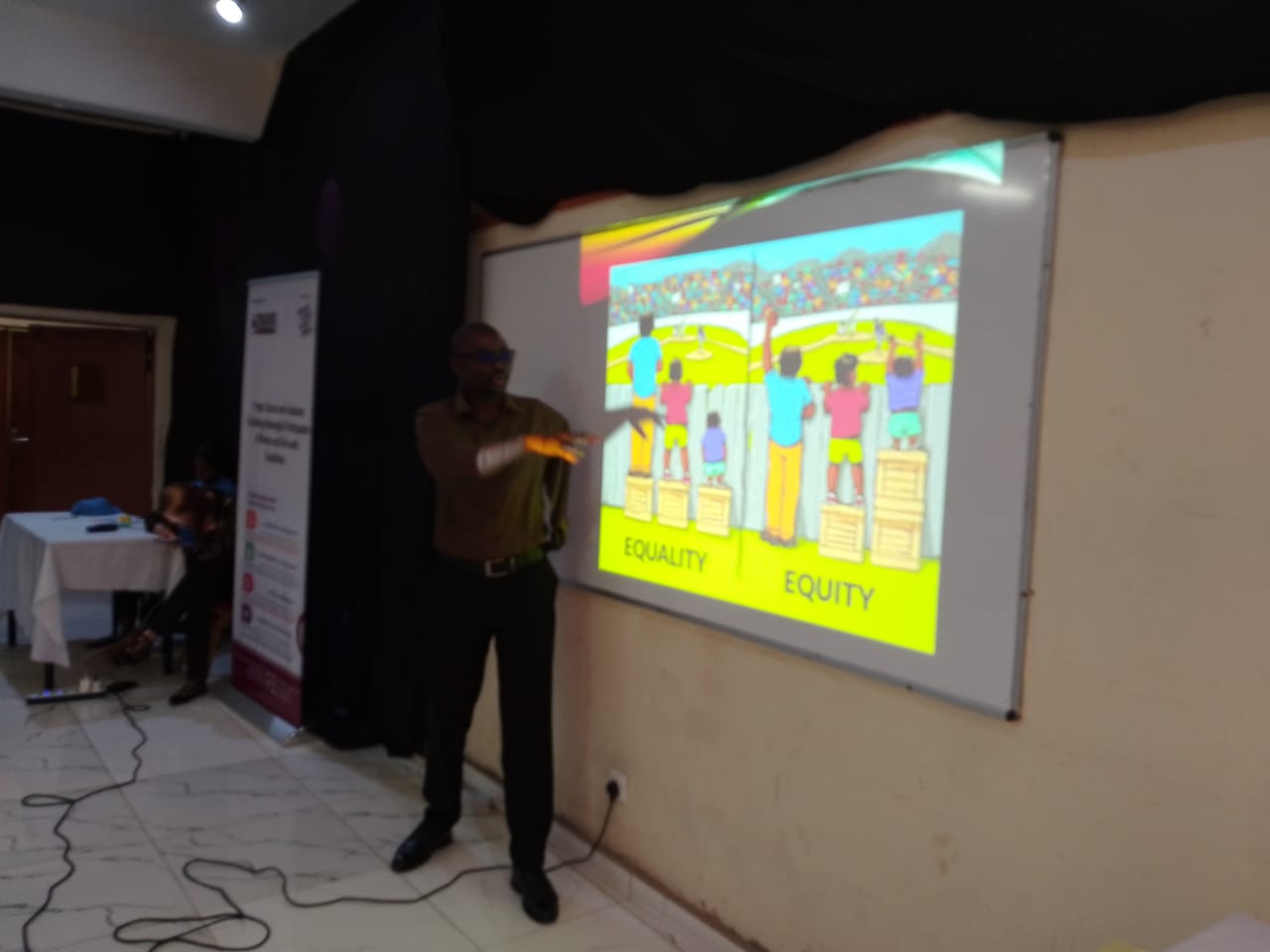
The workshop was not only a learning experience but also a call to action. It reinforced the need for a concerted effort from all stakeholders to ensure that inclusive education becomes a reality for every child in Nigeria. The Mimijane Foundation, along with its partners, remains committed to advocating for policies and practices that support inclusive education, striving to create a future where all children, regardless of their abilities, can learn and thrive together. As the event drew to a close, participants left with a renewed sense of purpose and determination, pledging to continue working towards a more inclusive educational system where the rights of children with disabilities are upheld and their potential is fully realized. The Mimijane Foundation’s workshop marks a significant milestone in the journey towards inclusive education in Nigeria, setting the stage for a brighter, more inclusive future for all children.
